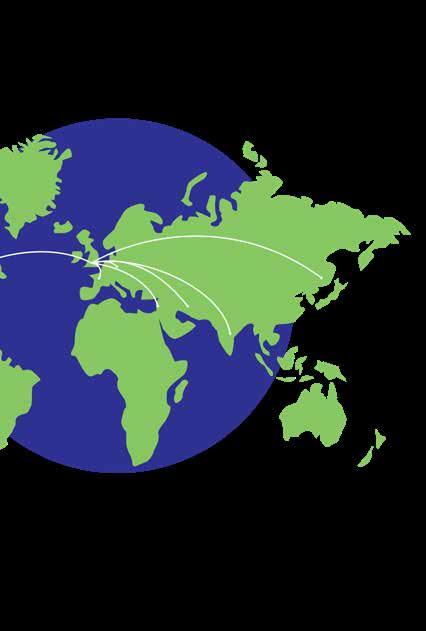Polling isn’t just important on election night - it increasingly shapes policy, strategy, and communications. Canvassing public opinion has always been part of successful politics, and as our methods of data analysis improve, parties can pinpoint the importance of specific policies to each demographic, as well as measure their current performance and adjust their behaviour accordingly. It’s not just in the run up to elections when this is important - looking closely, it becomes apparent that the Conservative’s approach to Covid restrictions stick close to the level of severity that the public think appropriate. Conveniently backed by public opinion [1], their current strategy contrasts sharply with last October’s messaging (even though the UK was experiencing similar numbers of cases). Parties can, and do, survey public opinion to ensure that the steps they take lead them in the right direction with regards to their popularity - a not-so-subtle reminder that, despite the lofty idealism of many people, myself probably included, politics is also about winning elections.
The future of polling
When I think of polls, I think of the 2019 election, and the silence that filled the room when the exit poll appeared on our screens. Exit polls are surveys done at the ballot box of 144 constituencies, specially selected to broadly represent the country, but also to give a good indication of the Labour/Conservative swing. Academics then work through the day to project these results onto the remaining UK seats in order to produce a prediction for the total number of seats, and hence the result of the election.
Martha Storey, Maths and Philosophy at University College
In politics, polling is inescapable. Barely a day goes by without someone predicting a Labour increase, a Liberal Democrat surge, or a Tory raise, prompting endless arguments about the significance of such figures at a time so far from the election. Polling permeates every part of politics, from party advertising to policy making, and it‘s role is only set to increase as data becomes more readily accessible.
As the world’s reliance on data and technology increases, it would be expected that polls would get more and more accurate as time goes on. But, recent experience shows this isn’t the case. Polling has been off the mark as recently as 2015, where the Tories outperformed pollsters’ expectations, while Labour’s popularity was underestimated in 2017. Polling is adapting to new surveying methods, particularly ones using the internet, which naturally leads to error as pollsters try to find the most accurate surveying methods. As well as testing different online polling methods, more reliable methods like telephone polling have decreased in their success, going from a 36% response rate in America in 1997 to 6% today [2]. This naturally leads to fluctuations in accuracy, but the turbulence of current politics no doubt
loo k w i th i n
49













